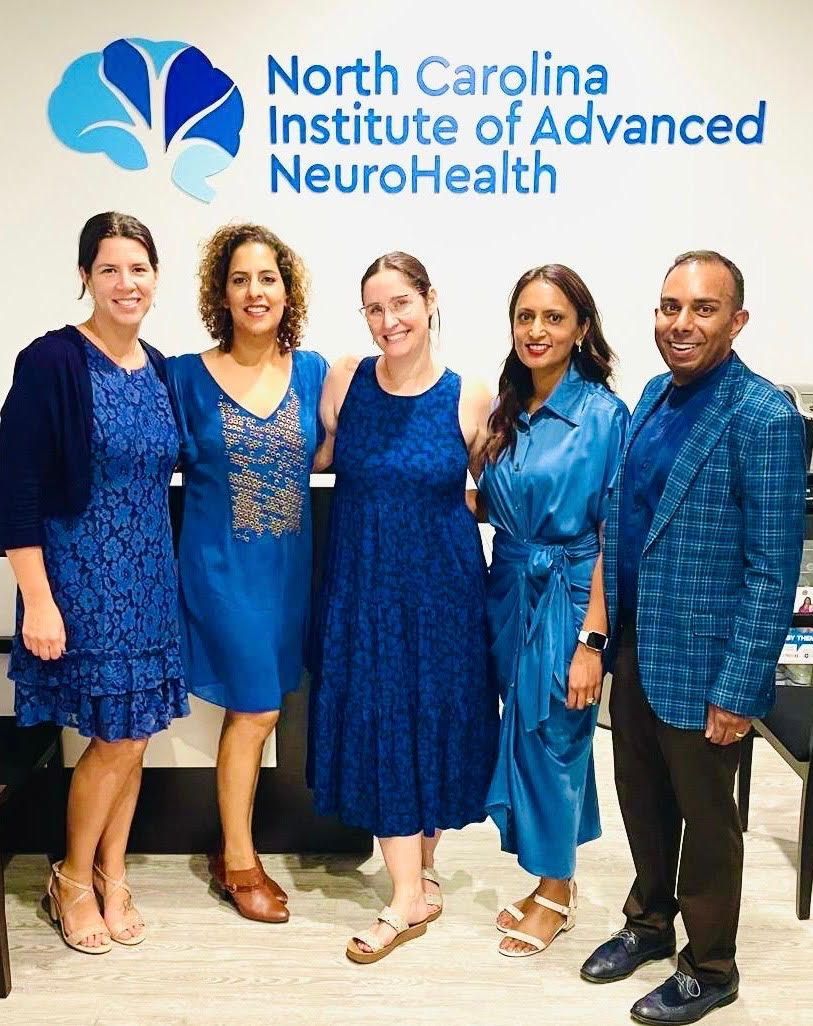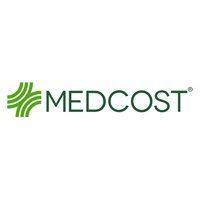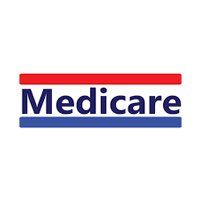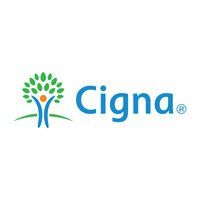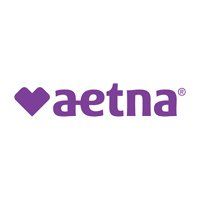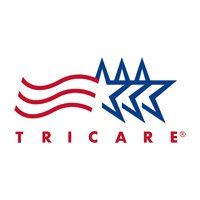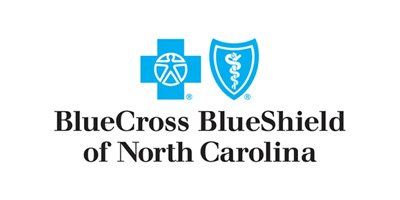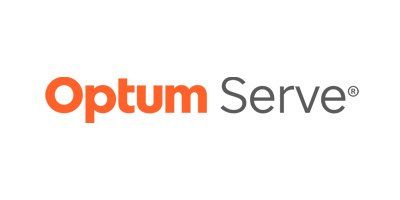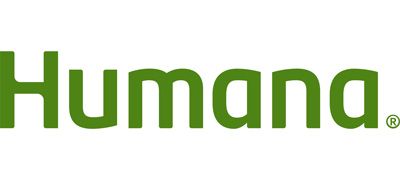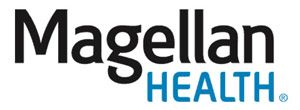By Vinay Saranga
•
October 30, 2024
You may know someone like Alex. Out of nowhere, it’s as if a dark cloud settles over his life, lingering for weeks or even months. In this darkness, he faces a battle each day—to get up, to respond to messages, to focus on work. Some days, just making it through feels nearly impossible. Alex has tried countless therapies and has been through more medications than he can count, yet nothing seems to fully lift the weight of his depression. And with every treatment that falls short, he feels hope slipping just a little further away. When Therapy and Medication Aren’t Enough Unfortunately, Alex’s story is very relatable. Even though therapy and medications are effective for many, up to one-third of people aren’t helped by depression medications and need something more. One of the biggest challenges is that depression is complex and there’s no one-size-fits-all treatment. For those experiencing treatment-resistant depression, the frustration and hopelessness of feeling “stuck” can be overwhelming. At The North Carolina Institute of Advanced NeuroHealth, we’re here for those who feel like they’ve tried it all, yet still can’t find the relief they need. We know how exhausting it can be to search for answers that feel just out of reach. That’s why we offer compassionate, personalized care focused on exploring new, innovative treatments designed to open doors where others have closed. If you’re ready for a fresh approach that truly considers what you need, we’re here to help you find the breakthrough you’ve been waiting for. Let’s explore a few of your options. Spravato®: A New Option for Treatment-Resistant Depression One promising advancement in depression treatment is Spravato ®, an FDA-approved nasal spray developed specifically for those with treatment-resistant depression. Unlike traditional antidepressants, which can take weeks or even months to have an effect, Spravato® can work within hours, offering relief from severe symptoms more quickly. How Does Spravato® Work? Spravato® is derived from esketamine, a form of ketamine that affects a different neurotransmitter system than standard antidepressants. This alternative pathway can help “wake up” parts of the brain that have become less active due to depression. The results are often transformative for individuals who have tried multiple treatments without success. Benefits of Spravato®: Fast-acting relief: Many patients report symptom improvement within hours or days, a dramatic difference from traditional medications. Effective for severe cases: Spravato® can be particularly effective for individuals with suicidal ideation, offering a sense of hope and relief when they need it most. FDA-approved for treatment-resistant depression: With careful administration and monitoring in a medical setting, it’s designed to be both safe and effective. What to Expect with Spravato® Treatment Spravato® treatment involves in-clinic sessions where our clinical team monitors your response, ensuring your safety and comfort. Most patients undergo twice-weekly treatments initially, which may decrease over time based on how well their symptoms are managed. We work closely with your insurance provider to determine coverage options, making Spravato® an accessible choice for those needing relief from treatment-resistant depression. Transcranial Magnetic Stimulation (TMS): A Non-Invasive, Effective Option Another powerful tool in our treatment toolkit is Transcranial Magnetic Stimulation (TMS) . This non-invasive procedure uses magnetic fields to stimulate nerve cells in regions of the brain associated with mood control and depression. Like Spravato®, TMS is an FDA-approved treatment specifically for those who haven’t responded to standard therapies. How Does TMS Work? TMS targets the prefrontal cortex, an area of the brain that tends to show reduced activity in people with depression. By stimulating this area with targeted magnetic pulses, TMS helps “reset” neural pathways, gradually improving mood and reducing depressive symptoms over time. Sessions are quick and don’t require any sedation, so you can resume normal activities immediately afterward. Benefits of TMS: Non-invasive: No surgery, no anesthesia—TMS is done in-office, and you’re able to continue your day without interruption. Minimal side effects: Unlike medications, TMS doesn’t cause fatigue, weight gain, or other common side effects. Sustained results: Many patients experience lasting symptom relief after a full course of treatment, which typically spans four to six weeks. What to Expect with TMS Treatment During each session, you’ll sit comfortably while a device gently delivers magnetic pulses to your brain. Sessions typically last 20 to 40 minutes, and for most patients, TMS is covered by insurance with a qualifying diagnosis of treatment-resistant depression. Our team is here to guide you through the process, answer questions, and coordinate with your insurance to make the treatment as accessible as possible. Why We Believe in a Holistic Approach At our center, we know that true healing involves addressing every aspect of a person’s life that contributes to their well-being. Our compassionate and personalized approach to mental health care focuses on both immediate relief from symptoms and long-term recovery. We’re here to support you as you explore these advanced treatment options and help you find the path that best fits your individual needs and life goals. A Few Reasons to Consider Our Team for Your Mental Health Needs: Comprehensive support: We work closely with you to understand the root of your symptoms and recommend a treatment plan designed just for you. Insurance guidance: Both TMS and Spravato® are often covered by insurance for qualifying individuals with treatment-resistant depression, and our team can help navigate the insurance process with you. Commitment to innovative care: We stay at the forefront of mental health advancements, offering access to the latest, most effective treatments available. Ready to Explore a New Way Forward? If you’ve been battling depression and traditional treatments just haven’t brought the relief you need, it might be time to explore something different. Spravato® and TMS offer new hope for those who’ve tried so much and still feel stuck. You deserve a life where each day isn’t weighed down by hopelessness or exhaustion, and these treatments might just be the change you’ve been looking for. Take the First Step—No Wait List, Just Support We know how hard it can be to reach out—especially when you’re hoping for a new answer—but we’re here to make the process simple and supportive. There’s no waiting list; we’re ready to help you take that first step as soon as you are. Together, we’ll explore options that could make a real difference and work toward a life that feels lighter and brighter. Reach out today , and let’s start this journey to renewed well-being, with compassionate care every step of the way.





